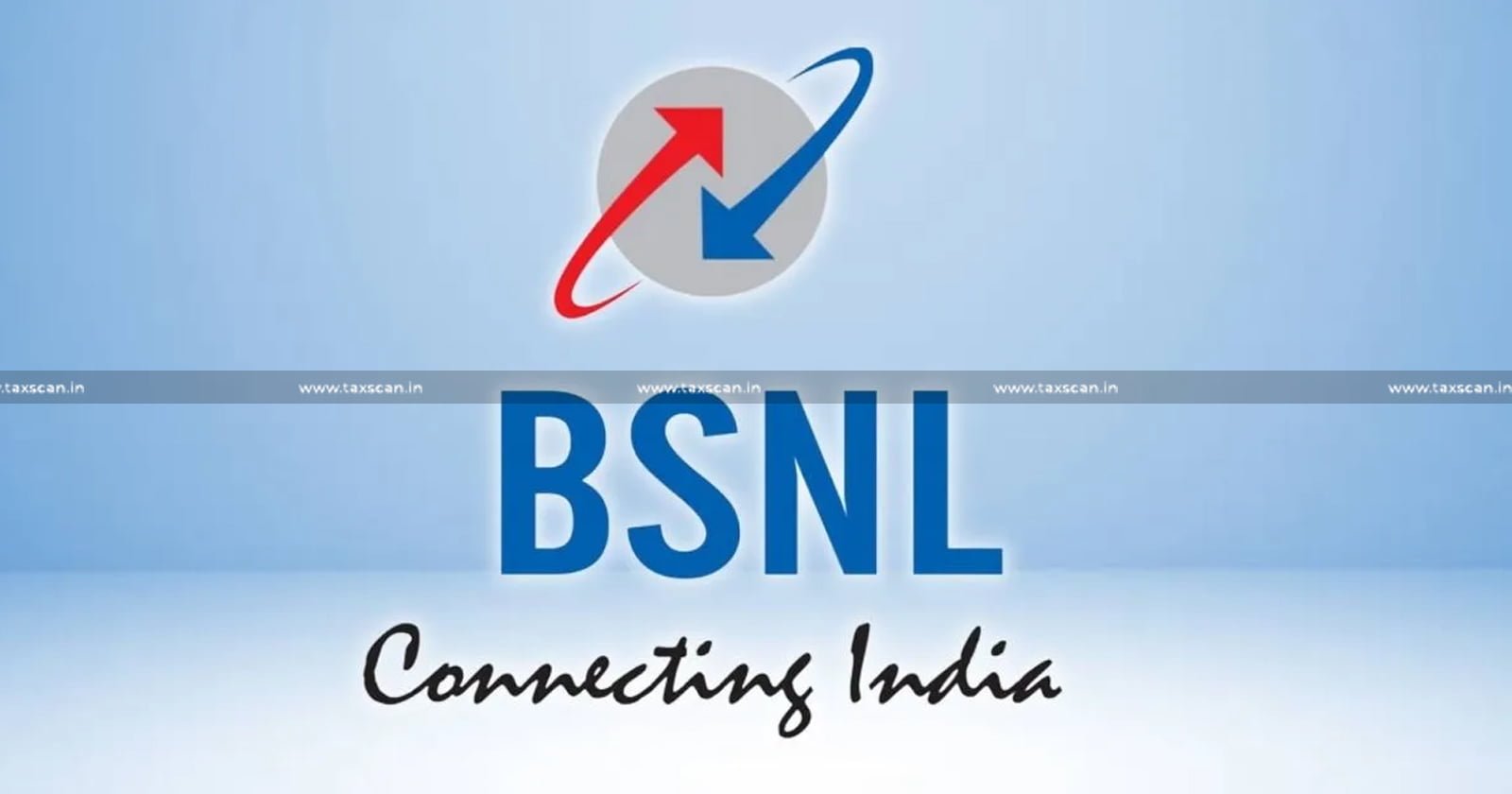Set Back to BSNL: Supreme Court Rules Tax Responsibility for Mobile Tower Erection Rests with Land and Building Users, Not Owners [Read Order]

Set Back to BSNL – BSNL – Supreme Court – Tax – Responsibility – taxscan
Set Back to BSNL – BSNL – Supreme Court – Tax – Responsibility – taxscan
In a significant ruling, the Supreme Court ruled that the tax responsibility for the mobile tower erection lies on the users of the land and building which was used for erection and not on the owners. It was also observed that the Chhattisgarh State Legislature and the Chhattisgarh Government had the legislative competence to frame the impugned Rules which are framed as per the respective Municipal laws.
The Petitioner, Bharat Sanchar Nigam Limited (BSNL) & Anr, filed SLPs challenging an order issued by the High Court of Chhattisgarh. The petitions contested the authority of the State Government/local authority to impose tax/fee on the erection of mobile towers, the substantial amount of this fee, and compounding/settlement charges.
In 2006, the State of Chhattisgarh issued a Circular to local authorities, establishing a one-time permit fee for granting permission to erect mobile towers in areas under the jurisdiction of Municipal Corporations/Municipalities/Gram Panchayats, along with an annual renewal fee. Initially, there were no complaints regarding this Circular. However, a subsequent Circular was introduced, significantly increasing the fee structure.
This newer Circular also allowed those who had erected mobile towers without permission to settle the matter by paying a compounding/settlement fee ranging from 15 to 50 times the one-time permit fee. The 2009 Circular was challenged in multiple writ petitions before the High Court.
Later, the State Government introduced the Chhattisgarh Municipal Corporation (Erection of Temporary Tower or Structure for Cellular Mobile Phone) Rules, 2010, which outlined the collection of a one-time permit fee, yearly renewal fee, and compounding/settlement fee in accordance with the earlier Circular dated 18.11.2009.
The main argument was that the State Government lacked the power to issue Circulars/Directions/Rules on this matter because it falls within the jurisdiction of Entry 31 of List I of the Seventh Schedule of the Indian Constitution, which is under the purview of the Central Government, rather than the State.
The bench observed the provisions of the Ahmedabad Municipal Corporation Act, the expression mobile towers was inserted and defined, which in our view, was by way of abundant caution, nevertheless, the interpretation made by this Court of the expression land and building in the context of erection of a mobile tower is relevant for the purpose of this case.
The apex court stated that “ the person who is using the land and building for the purpose of installation of the mobile tower so as to make use of the said structure for the purpose of telecommunication or telegraph services is liable to pay the tax or fee or charge. Hence, the said payment is not upon the owner of the land and building but on the person who is responsible for erecting of the mobile tower on the land and building and is thus using the land or building for erection of the mobile tower.”
Further mentioned that “Hence, Entry 49 List II is the only Entry which can enable the state Government to collect tax or fee or charge, as the case may be, with regard to the use of land and building for the purpose of erection of the mobile towers located within a municipal corporation, municipality or a nagar panchayat or any other land and building within the state of Chhattisgarh.
The bench noted that as opposed to the Municipal laws, the Indian Telegraph Act, 1876, which defines telegraph line, post and telegraph authority are only concerned with the transmission or reception of signs, signals etc., for the purpose of communication with the help of contrivances or devices etc. such as mobile towers etc. and not with use of land and buildings as such for the purpose of erection of mobile towers thereon.
Relying on the decision of the Supreme Court in the case of Ahmedabad Municipal Corporation, the bench of Justice B V Nagarathna and Justice Ujjal Bhuyan found that the High Court of Chhattisgarh was right in upholding the Circulars and Rules and repelling the challenge made to the same as being devoid of any merit. Consequently, the writ petitions were dismissed and the interim orders were vacated.
Furthermore, it was specified that, in light of the respondent State's 2021 Policy, the petitioners and other infrastructure providers in similar circumstances may submit the necessary applications to the relevant authorities for the regularisation of previously unauthorised mobile towers. It is important to note that once these applications are submitted, they will be assessed in accordance with the 2021 Policy of the respondent State and applicable laws.
To Read the full text of the Order CLICK HERE
Support our journalism by subscribing to Taxscan premium. Follow us on Telegram for quick updates


